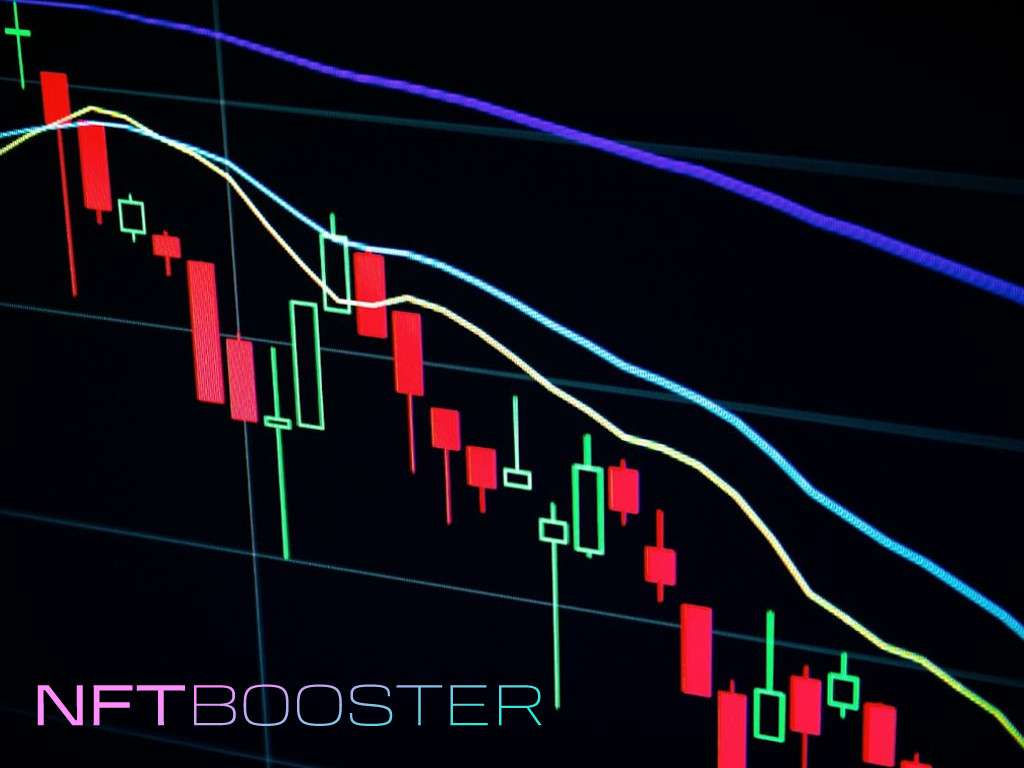Wall Street stocks struggled for direction on Monday, following a bounce last week, as traders questioned how far slowing growth might temper central banks’ plans for aggressive interest rate rises.
The benchmark S&P 500 share index moved between small gains and losses, after closing 3.1 per cent higher on Friday. The technology-heavy Nasdaq Composite, which is stacked with growth stocks that have swooned this year as rising interest rates reduced the appeal of more speculative investments, slipped 0.3 per cent lower.
The FTSE All-World index of global stocks has fallen almost a fifth this year, as scorching consumer price inflation — now running at an annual rate of 8.6 per cent in the US — prompted the Federal Reserve and other global rate setters to rapidly tighten monetary policy.
But weakening economic data have sparked speculation that the Fed, whose actions are followed by many other central banks, may not need to raise rates as high as previously estimated.
Last week, global purchasing managers’ indices indicated companies were already suffering from tighter financial conditions and weakening consumer demand. Futures markets are now pricing in a fed funds rate of 3.5 per cent by early 2023, down from almost 3.9 per cent two weeks ago.
The S&P remains almost 18 per cent lower for the year, however, and investors remain cautious about adding equity risk until the next quarterly earnings season reveals whether inflation and soft consumer sentiment are affecting companies’ profits more than analysts have forecast.
“Until we are at that point where we’ve fully digested corporate guidance on where they see the next half year, we’ll have these whipsaws up and down [for stock markets],” said Maarten Geerdink, head of European equities at NN Investment Partners.
“Economic data is already slowing sufficiently to prompt a rethink of Fed rate expectations,” Jefferies strategist Sean Darby said in a note to clients. But, he added, “the S&P 500 is yet to see the earnings cuts necessary to fully clear the runway for a recovery”.
The price of Brent crude oil was steady at $113.46 a barrel, down from almost $123 a month ago. G7 leaders are meeting this week to discuss a price cap on Russian oil amid warnings from energy sector leaders that Moscow may retaliate by cutting off gas supplies to Europe.
Germany’s 10-year Bund yield rose 0.09 percentage points to 1.54 per cent as the price of the benchmark eurozone debt instrument fell.
The yield on the benchmark 10-year US Treasury note, which sets the tone for debt costs worldwide, rose 0.05 percentage points to 3.18 per cent.
In European stock markets, the regional Stoxx Europe 600 index rose 0.1 per cent per cent, following its first weekly gain in a month, but remained more than 15 per cent lower for the year. London’s FTSE 100 added 0.3 per cent and Frankfurt’s Xetra Dax gained 0.6 per cent.
In Asia, Hong Kong’s Hang Seng index added 2.4 per cent and the Topix in Tokyo gained 1.1 per cent, pushed higher by city authorities in Shanghai declaring victory over Covid-19 outbreaks at the weekend. That was followed, however, by official reports of new, locally transmitted cases on Monday.
Credit: Source link














